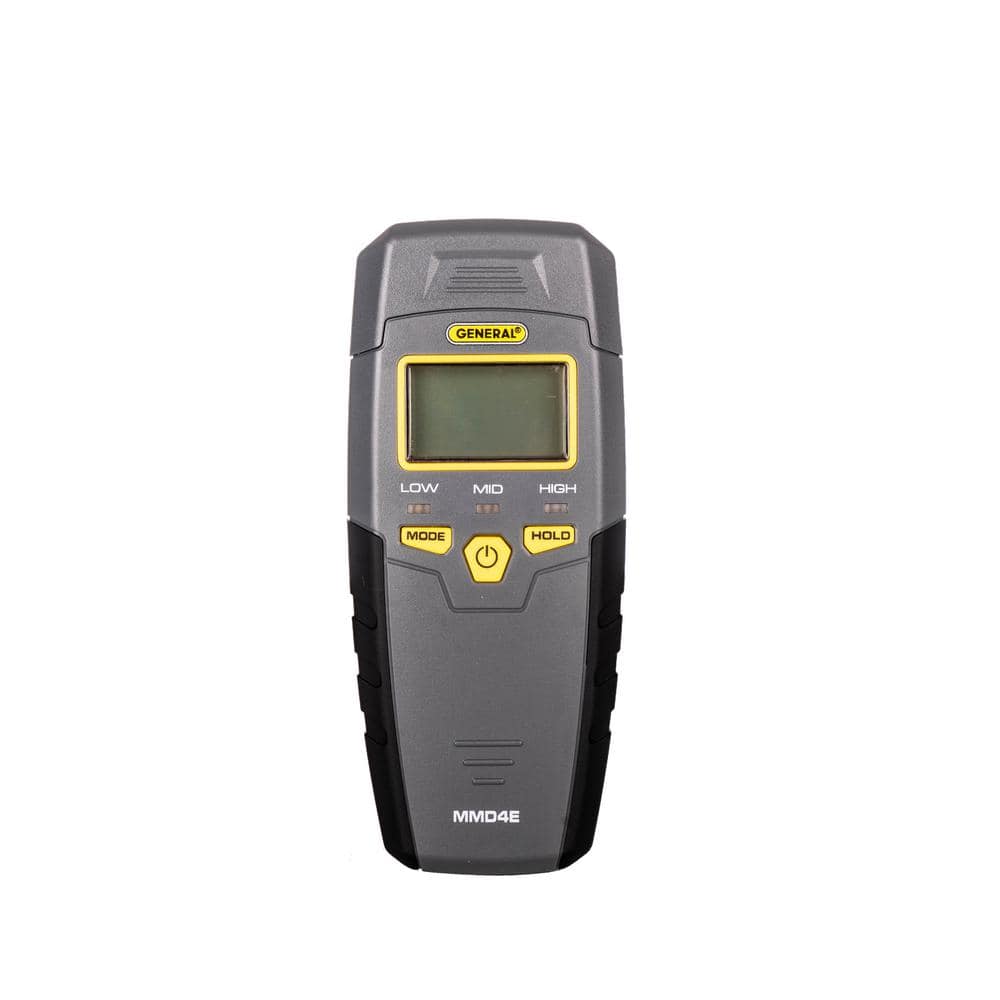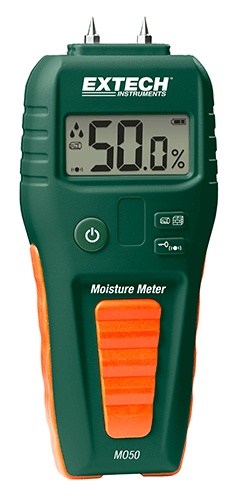The Ultimate Overview to Moisture Meters: A Comprehensive Overview and How They Can Conserve You Cash
In the world of building maintenance, construction, and numerous industries, the value of precisely determining wetness degrees can not be overemphasized. Dampness meters work as indispensable devices in discovering and monitoring moisture web content in materials, assisting in protecting against expensive damages and making certain the quality of products. Recognizing the nuances of different types of moisture meters, their applications, and the prospective cost-saving advantages they offer can be a game-changer for specialists and businesses alike. Discovering just how these gadgets can not just improve procedures but likewise contribute to financial cost savings is a journey worth starting.
Kinds Of Moisture Meters
Different kinds of wetness meters are available for various applications in different industries. One usual type is the pin-type moisture meter, which gauges the electric resistance between 2 pins inserted right into a material. This type appropriates for wood, drywall, and various other building materials. Pinless dampness meters, on the other hand, use electromagnetic sensing unit plates to check a bigger location without creating damage to the material's surface. These meters are ideal for promptly examining wetness degrees in large locations such as wall surfaces and floors.
Infrared dampness meters gauge the thermal residential properties of a product to establish its moisture content non-invasively, making them helpful for applications where pin or pinless meters may not be suitable. Comprehending the different types of wetness meters offered can help markets select the most appropriate tool for their details dampness dimension needs.

Benefits of Making Use Of Moisture Meters

Furthermore, making use of moisture meters can result in boosted power effectiveness. By recognizing locations with high wetness levels, such as leaks or inadequate insulation, modifications can be made to enhance energy preservation and lower energy costs. In farming setups, moisture meters play a vital function in maximizing crop yields by enabling farmers to keep track of dirt moisture degrees and make educated watering choices. In general, the benefits of making use of moisture meters extend across different industries, supplying economical solutions and promoting better quality assurance methods.
Exactly How to Pick the Right Moisture Meter
Selecting the appropriate moisture meter involves taking into consideration vital aspects such as product compatibility, measurement range, and calibration precision. When choosing a moisture meter, it's important to ensure that the meter appropriates for the specific product you will be screening. Various materials have differing electric homes that can affect wetness readings, so picking a meter created for your product is crucial for accurate outcomes. Additionally, think about the measurement range of the wetness meter. Ensure that the meter can identify moisture degrees within the array needed for your applications. Calibration accuracy is an additional critical factor to remember (Moisture Meter). Select a dampness meter with reputable calibration to guarantee consistent and precise analyses. Some meters might require routine calibration changes, so recognizing the calibration process my blog is essential. By meticulously reviewing these aspects, you can choose a wetness meter that satisfies your needs and supplies accurate dampness measurements for your jobs.
Proper Strategies for Moisture Meter Use
To guarantee precise wetness analyses and optimize the efficiency of a moisture meter, using appropriate strategies is important. When making use of a pin-type moisture meter, put the pins or probes right into the material being tested till they make full call. Ensure the pins are vertical to the surface to get the most precise analysis. For pinless dampness meters, hold the device level versus the product and move it slowly to cover the whole location for a typical reading. It's important to calibrate the wetness meter according to the product being examined to improve precision. Take several analyses throughout the surface area and typical them out for an extra reputable outcome. In addition, guarantee that the material being click this tested is accustomed to the setting to stop skewed analyses. Routine maintenance of the wetness meter, such as cleaning the pins or sensor, is also vital to ensure constant and precise readings. By adhering to these proper techniques, customers can count on their wetness meter to provide credible wetness levels, aiding in stopping pricey damage or ensuring high quality in numerous applications.

Price Cost Savings Through Moisture Meter Applications
Just how can the strategic use of wetness meters lead to significant cost savings throughout different industries? In the agriculture industry, wetness meters aid in establishing the optimal time for harvesting crops, avoiding over-drying or excess wetness that can impact the last item's top quality.

Moreover, in the food handling market, moisture meters are vital for keeping an eye on product top quality and guaranteeing conformity with safety and security regulations. By accurately measuring moisture content in food items, producers can avoid spoilage, keep freshness, and minimize waste, leading to considerable expense savings. In general, the tactical application of moisture meters is an important financial investment that can result in significant expense decreases and boosted effectiveness across different industries.
Conclusion
To conclude, dampness meters are beneficial tools for spotting and gauging moisture levels in different products. By utilizing the ideal dampness meter and following proper strategies, individuals can properly stop costly problems triggered by excess wetness. Purchasing a quality moisture meter can bring about considerable expense financial savings in the long run by determining possible issues early on and enabling punctual removal. Ultimately, wetness meters are crucial instruments for maintaining the integrity and long life of structures and materials.
Wetness meters serve as essential read here devices in discovering and monitoring moisture content in products, aiding in preventing costly problems and making sure the top quality of items. Infrared moisture meters measure the thermal residential or commercial properties of a material to identify its wetness material non-invasively, making them useful for applications where pin or pinless meters may not be suitable.Dampness meters supply indispensable benefits in accurately analyzing and keeping an eye on wetness degrees in varied materials and environments. In agricultural setups, dampness meters play a critical duty in maximizing crop yields by allowing farmers to check dirt dampness degrees and make notified irrigation choices.In final thought, dampness meters are beneficial tools for gauging and discovering dampness levels in different materials.